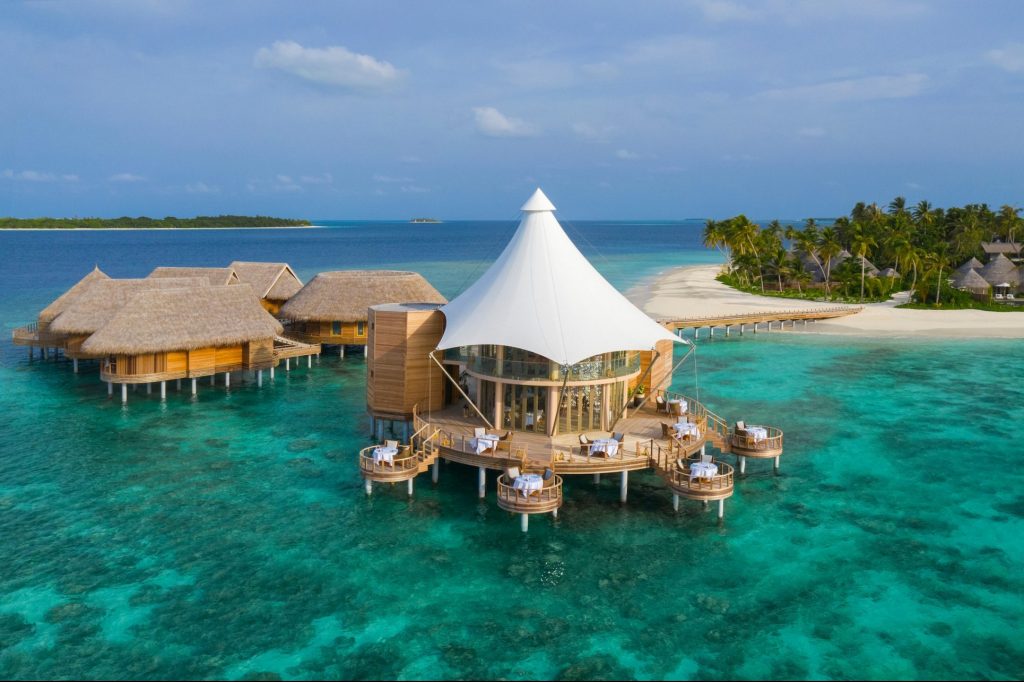Maldives Notches Small and Big Wins in Its Reopening Act

Skift Take
So what good has come out of the Maldives' reopening since July 15? A lot actually, which other resort destinations may learn from, albeit this paradise has its unique strengths.
Maldives tourism has been limping to recovery since the destination reopened on July 15, but resorts say there is good reason to expect a sprint rather than a hobble in the fourth quarter of 2020 and first quarter 2021. This is despite an AFP report last Wednesday, “Maldives tightens tourist virus rules after spike in cases,” which is making its rounds and may dampen consumer confidence to visit.
The tightened rules are that from September 10, tourists must present a negative Covid-19 test result on arrival, a condition that was removed at reopening, along with testing on arrival.
The report linked the change to official saying 29 local staff and 16 foreigners had tested positive at resorts since reopening. Maldives, however, has been asserting that community spread is largely confined to Male, where tourists aren't currently allowed to visit.
The new requirement is actually good news for resorts that want the government to mandate that tourists either produce a Covid-free certificate or get tested on arrival.
Resorts such as Soneva have carried on to do their own tests to bolster guests' confidence on the safety of holidaying in the Maldives. The group, which has two hotels in the Maldives, bought one of the best real-time PCR test machines, the Life Cycler 96 from Roche, and samples are sent to Malé for testing at a hospital. Soneva guests are tested twice, once on arrival and again in the first week of stay (see this video). Likewise Maldivian staff from Covid-free local islands, while those arriving from abroad are tested thrice.
“But not all resorts test. Nor are people widely tested at the airport upon arrival. Testing is a more important short-term measure against Covid, even more than a vaccine. To demonstrate its safety as a destination, the Maldives should consider testing more,” wrote Sonu Shivdasani, Soneva founder and CEO, in Travel Trade Maldives recently.
Reopening and adjusting rules is part of the recovery journey and, for a country like Maldives that depends on tourism for a third of its gross domestic product, it's better to learn quickly on the feet than not to move and reopen at all. If some resorts aren't tes
